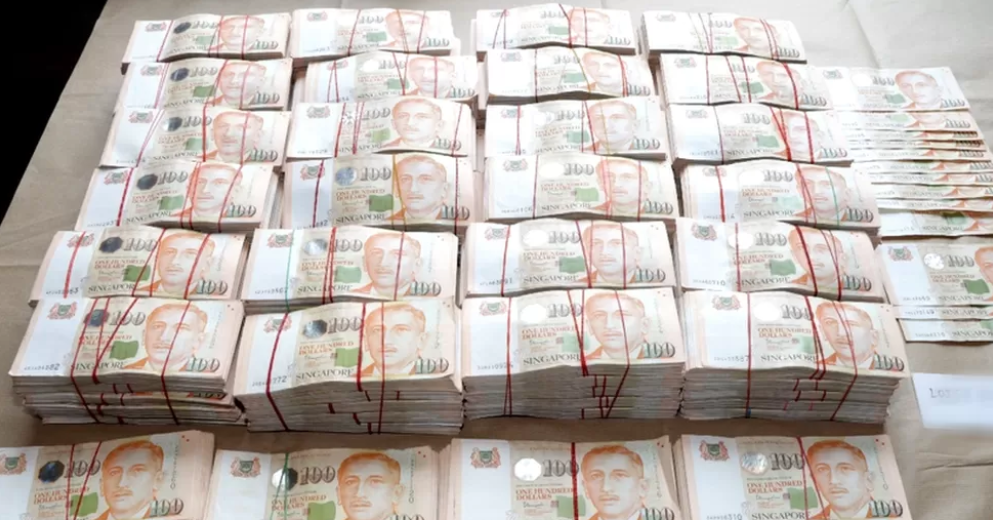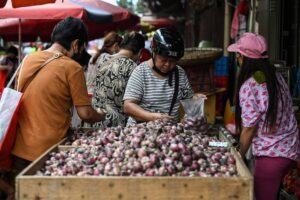Singapore anticipates additional arrests and asset seizures in a major money laundering investigation, with the total value of seized assets currently reaching S$2.8 billion ($2 billion).
In mid-August, coordinated raids in the typically low-crime city-state resulted in the apprehension of 10 foreign individuals and the confiscation of high-end real estate, automobiles, gold bars, designer handbags, and jewelry valued at S$1 billion.
“This case is a reminder that even the most stringent preventive measures can be circumvented by determined criminals,” stated Josephine Teo, the second minister for home affairs, during her address to parliament on Tuesday.
To address the lessons learned from this case, the government will establish an inter-ministerial panel tasked with reviewing the anti-money laundering framework.
Teo was among three cabinet ministers who fielded questions from lawmakers, with nearly 60 queries related to the case.
Indranee Rajah, the second minister for finance, will lead an inter-ministerial committee composed of political office holders from various government agencies, including the central bank, home affairs, law, manpower, and trade ministries.
Their review will focus on four key areas:
- Preventing the misuse of corporate structures.
- Enhancing collaboration between financial institutions and government authorities.
- Enlisting third-party entities such as real estate agents in the fight against money laundering.
- Strengthening detection capabilities.
Rajah and her committee will address these critical aspects to bolster the country’s anti-money laundering efforts.
The government is currently investigating financial institutions suspected of involvement in the case and is prepared to take enforcement action against both the institutions and their staff if they are found to have violated central bank requirements. Additionally, government agencies are in the process of reviewing various procedures, including the central bank’s approval for family offices to receive tax incentives and the potential regulation of high-value assets like luxury cars and bags.
However, it is important that any changes implemented do not unreasonably inconvenience legitimate businesses and customers, according to Teo.
The investigation into this case began in 2021 after financial institutions filed suspicious transaction reports with the police. Teo refuted claims in local and international news sources that suggested the operation was carried out at China’s request, stating that the investigations began due to suspicions of offenses committed within Singapore. Once these suspicions were confirmed, action was taken.
(Source: Xinghui Kok | Martin Petty | Clarence Fernandez | Alison Williams | Reuters | Low De Wei | Bloomberg)









